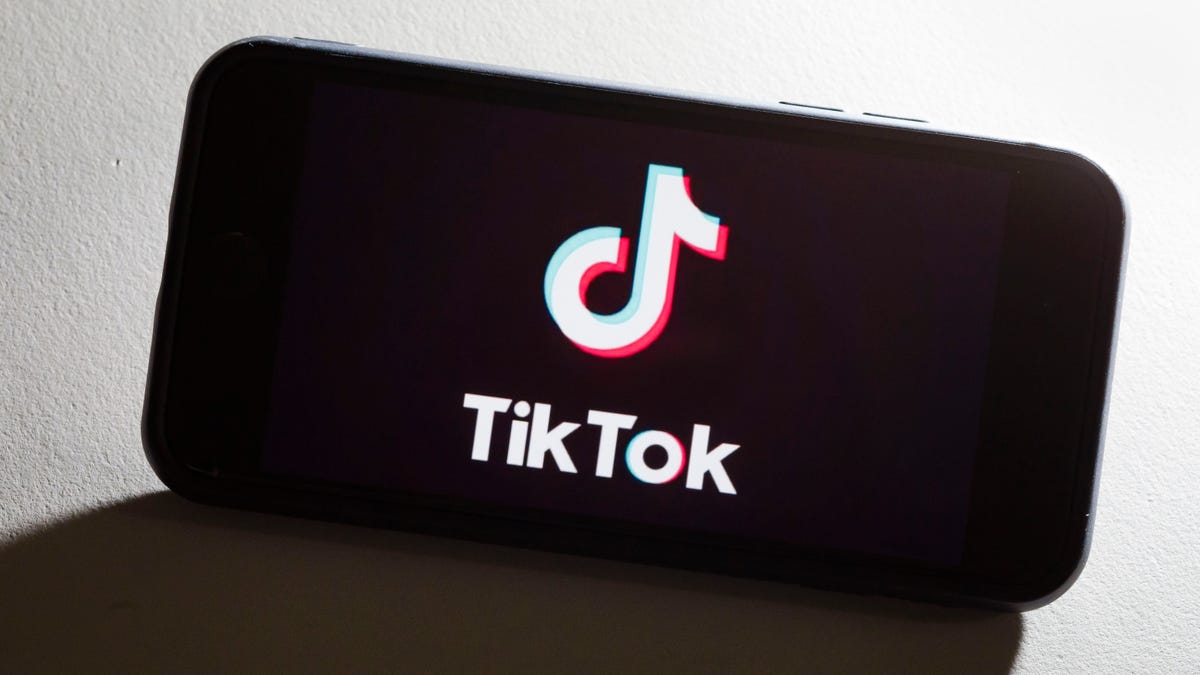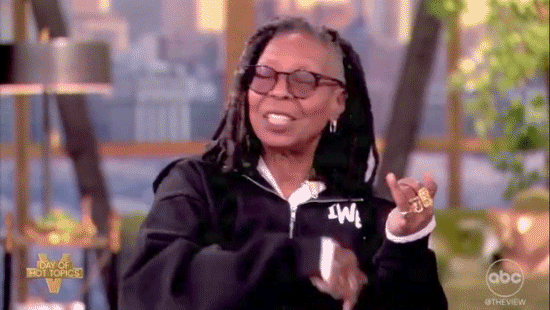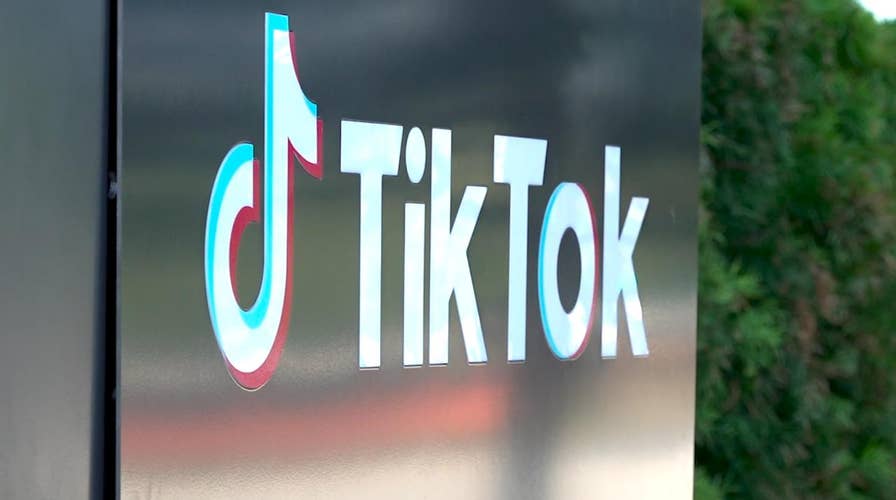Pressure mounts on Trump administration as China experts expect TikTok ban to come 'by end of this week'
Secretary of State Mike Pompeo expanded on his considerations to ban the mobile app TikTok in a press conference today.
Secretary of State Mike Pompeo expanded on his considerations to ban the mobile app TikTok, saying it was only one of a number of Chinese companies that need to be held accountable for threatening Americans' data.
"We have been engaged in a constant evaluation, about ensuring that we protect the privacy of American citizens and their information...This doesn't relate to any one particular business or company, but rather to American national security," Pompeo said during a press conference.
But experts on China are reading the tea leaves that a ban on TikTok is imminent as the United States puts pressure on Chinese companies.
"I think that sometime this week we will hear an announcement from the Trump administration banning TikTok and possibly other Chinese apps," Gordon Chang, author of "The Coming Collapse of China," told Fox News.
President Donald Trump indicated as much in an interview yesterday with Gray Television: "Yes, it's something we're looking at," he said when asked about Pompeo's remarks. Trump also said the ban would be "one of many" options to punish China for its coronavirus response.

In this photo illustration the logo of chinese media app for creating and sharing short videos TikTok is seen on a smartphone. (Photo by Thomas Trutschel/Photothek via Getty Images)
TikTok was invented in the United States and then acquired by Chinese company ByteDance, which is headquartered in Beijing. Chinese law allows any Chinese company to confiscate any and all data. There are no commensurate protections from government privacy intrusion like there are here in the U.S., opening the door for large transfers of American's data to the Chinese, usually unbeknownst to American citizens.
"Basically any Chinese technology, if you generate data, and you use Chinese technology, whether it's Lenovo laptop, a Huawei phone, or a TikTok app, all of that data is at risk of going to the Chinese government," Roslyn Layton, co-founder of Chinatechthreat.com, said in an interview with Fox News.
Layton said a common misconception is that TikTok is also used in China, but it's not operative there. The social media app promotes free creative expression which is counter to free speech controls implemented by Chinese propaganda authorities. There is also no reciprocity when it comes to mobile apps. American-made apps are not allowed to be sold in China, but the reverse is the case in the U.S.
Some experts and elected representatives are urging Americans not to download the app.
"It collects your geolocation in realtime, that is a problem for soldiers and military personnel because they can be identified by the Chinese government, it's a problem for children, in fact, TikTok was fined by the Federal Trade Commission for illegally collecting child information...also for your beliefs, they wanted to censor those videos [on Hong Kong]," said Layton, who also served as an advisor on Trump's FCC transition team in 2016.
TikTok has denied it collects Americans' data, telling Fox News in a statement, "TikTok is led by an American CEO, with hundreds of employees and key leaders across safety, security, product, and public policy here in the U.S. We have no higher priority than promoting a safe and secure app experience for our users. We have never provided user data to the Chinese government, nor would we do so if asked."
But that assessment does not seem to have won over the White House. The options open to the president include issuing a proclamation forcing the divestiture of business holdings in the app or more sanctions on its parent company.
TikTok reported 30 million monthly active users in the U.S. as of May and is popular with people between 16 and 24 years old. Due to the coronavirus lockdowns, the app has seen a dramatic surge in usage this spring compared with one year ago.









































